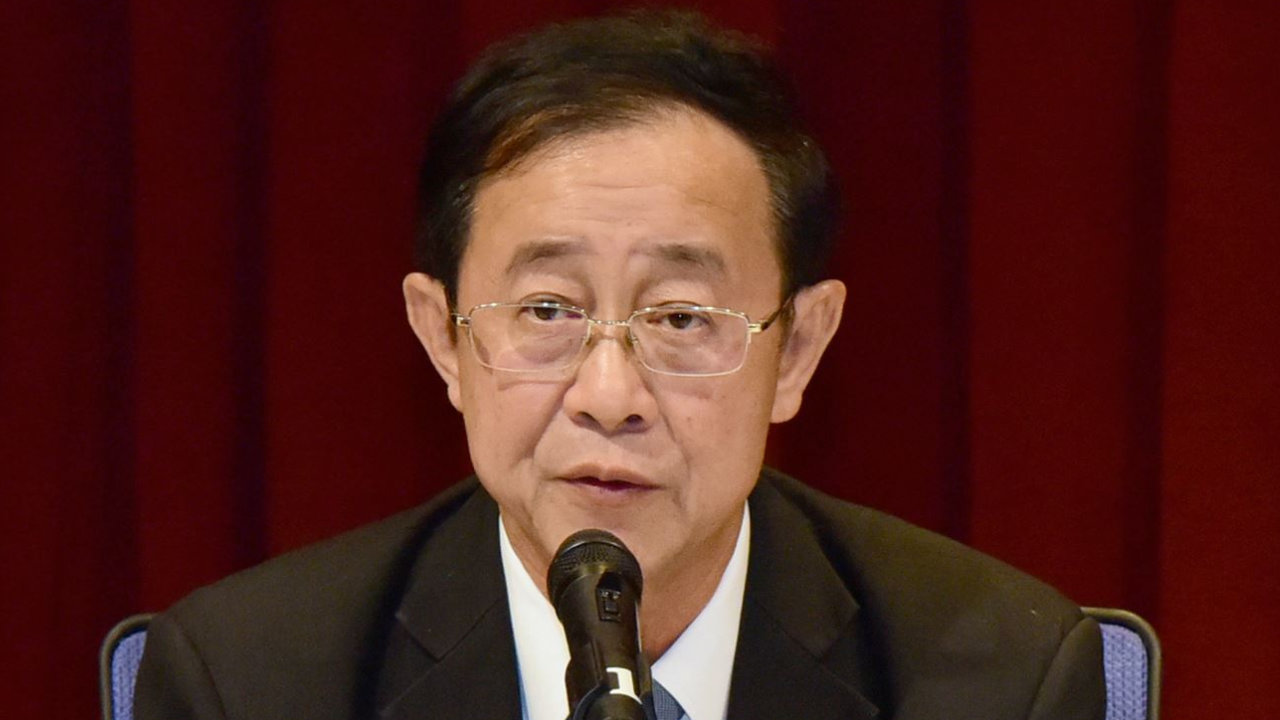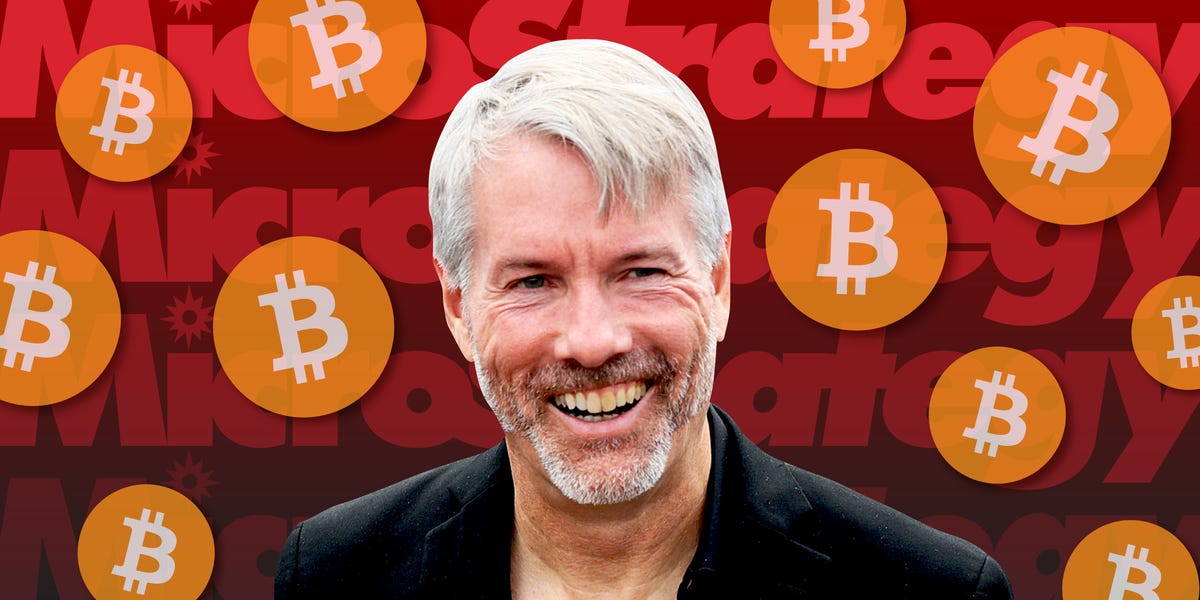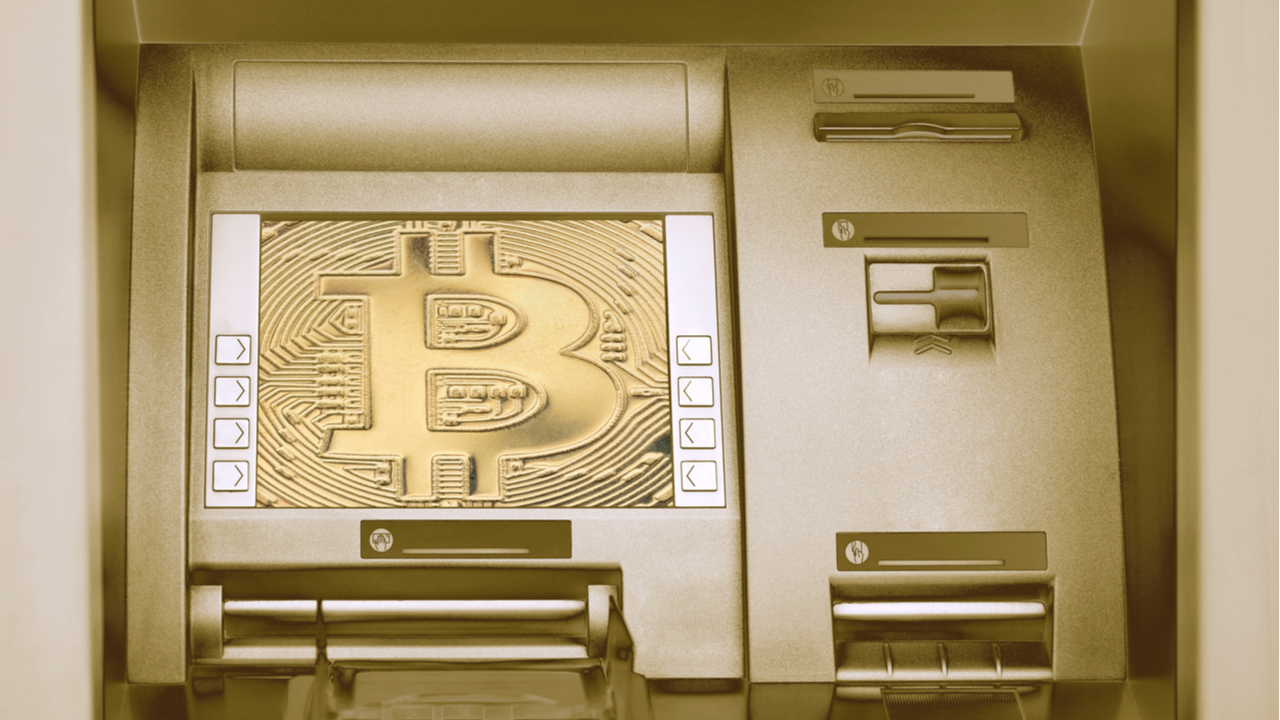El Salvador President Meets Binance CEO on Bitcoin Investments: What Is So Significant

Changpeng Zhao (CEO of Binance), a global cryptocurrency exchange, met today with President Nayib Buukele of El Salvador, to discuss various investment opportunities through Bitcoin.
Binance is supporting El Salvador in its execution of Bitcoin as a legal tender, and the issuance bitcoin bonds.
Zhao tweeted that the meeting was ‘fantastic’ and added that they didn’t talk about bonds. “The word never came up. There is so much to talk. His tweet said #adoption.
This meeting is significant because earlier this week, Alejandro Zelaya, El Salvador’s Finance Minister, stated that the country had delayed its $1 billion bitcoin bond issue, originally scheduled for March 15-20. It was postponed due to unfavorable market conditions.
He had said, “I believe this is not the right time, there are moves on the planet,”
Milena Mayorga (Ambassador of El Salvador to America), and other investors were also present at today’s meeting.
Ricardo Salinas Pliego (a Mexican businessman who is also a Bitcoin holder) tweeted that it was a pleasure to meet with you President. He said, “It has been an honor to meet you today in El Salvador. Freedom is what will allow us to evolve as civilizations. #Bitcoin, I’m sure, is that currency. Hug and see you soon, thank-you! !!.’
El salvador was the first country to allow bitcoin legalization, in September 2021. The country also plans to create the first Bitcoin City in the world, which will be funded initially with bitcoin-backed bonds.
Zhao had previously praised El Salvador’s pioneering role in bitcoin adoption, and added that the presidency of Bukele would be regarded as heroic for its bold bet on future.
Bukele also voiced his dissatisfaction at the US Senate proceedings. On Wednesday, a Bill to reduce the risks to the American financial systems from El Salvador’s adoption (BTC), was passed out.
“Never in my wildest dreams could I have imagined that the US government would fear what we are doing here. He tweeted that the US government does not stand for freedom, and it is a well-known fact.
It is interesting to note that President Bukele tweeted last month that the bill had been introduced. He said, “OK boomers… You have zero jurisdiction over a sovereign, independent nation.” We are not your colony or your backyard, nor your front yard. Keep out of our internal affairs. Do not try to control what you cannot control.



